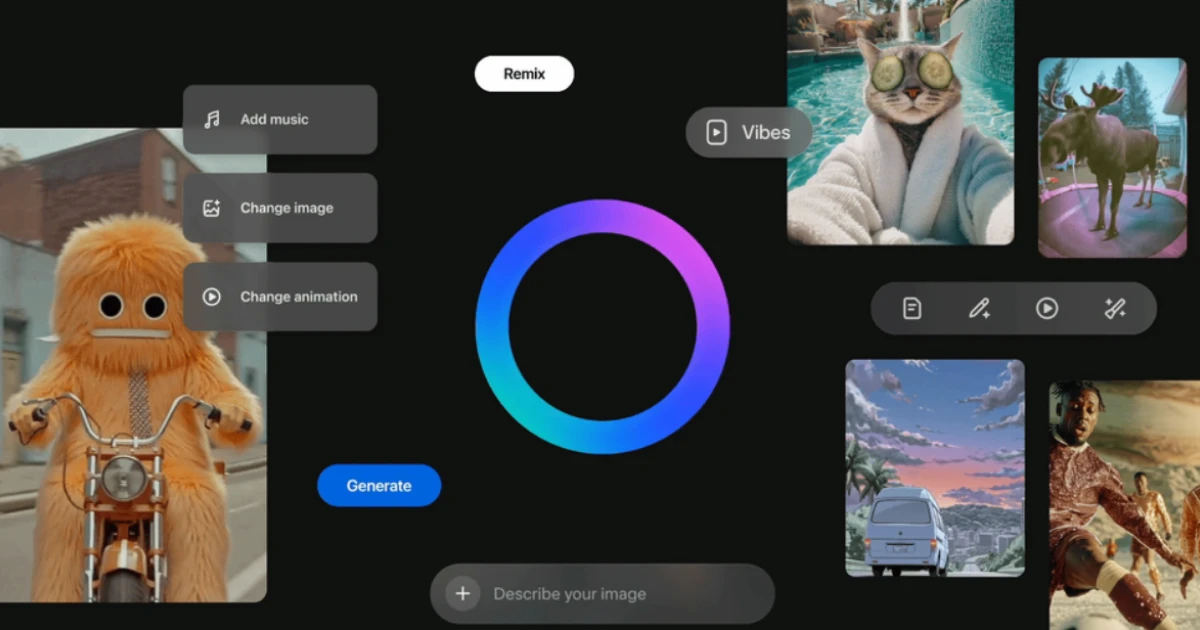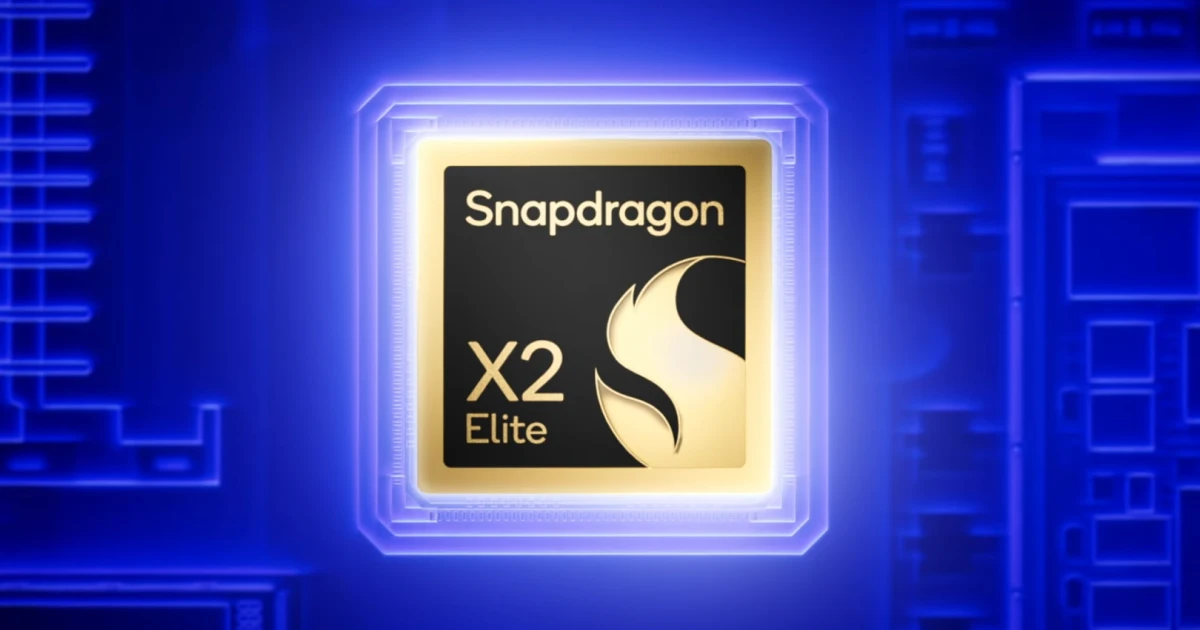Teleoperation is the ability to control machines with the help of humans in a different location usually over over wireless network. It is usually trained robots to operate autonomously, monitor their autonomous activity, and also take over when required.
It is also worth noting that the global robotaxi industry is still undergoing tests, as companies are deploying the vehicles in limited geographic areas and continually adjusting the artificial intelligence software that controls them. Teleoperation is often used to intervene when a vehicle is unsure of what to do.
Alphabet’s Waymo also has a team of “fleet response” agents that are meant to respond to questions from the Waymo Driver.
In a blog post from last year, Waymo said, “Much like phone-a-friend, when the Waymo vehicle encounters a particular situation on the road, the autonomous driver can reach out to a human fleet response agent for additional information,”.
Former Waymo CEO, John Krafclik, told Reuters in an interview that “the cars aren't being actively monitored," also adding that regarding the software that it is “the ultimate decision-maker.”
An example of this is how a Waymo car is asking a remote operator whether a street with emergency response vehicles can be used. After the human responds with yes, the vehicle then proceeds.
Some of those limitations include the fact that the vehicles need to be operated remotely on public roads, relying on cellular data connection, yet this connection might drop or operate with a certain lag, disconnecting the vehicles from their remote driver in dangerous situations.
An engineering professor and autonomous-vehicle safety expert from Carnegie Mellon University, Philip Kooopman, said in an interview that this technique could work for a small test deployment of 10 vehicles, such as Tesla’s initial effort in Austin, yet he called this teleoperation “inherently unreliable technology.”
Further saying, “Eventually you will lose connection at exactly the worst time," adding, "If they've done their homework, this won't ever happen for 10 cars. With a million cars, it's going to happen every day.”
As a safety precaution, a group of Democratic Texas lawmakers also asked Tesla on Wednesday to delay its robotaxi launch until September, when the autonomous driving law is scheduled to take effect.














